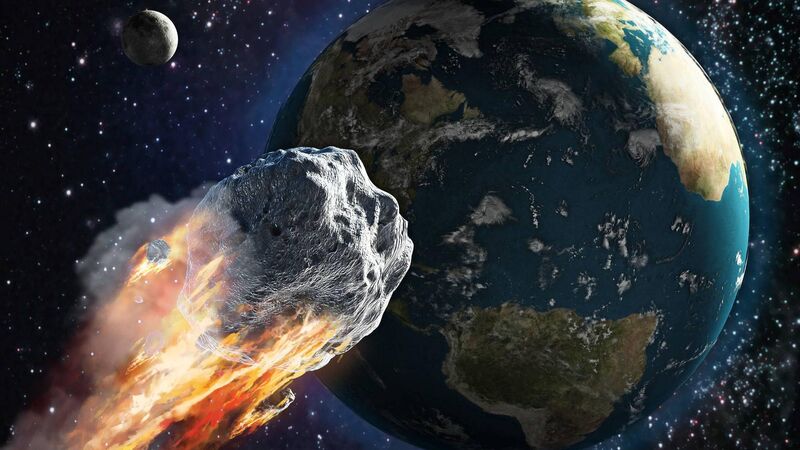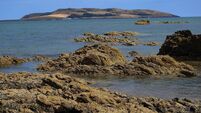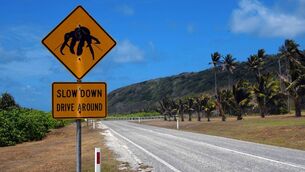Richard Collins: What caused a millennium-long cold spell 12,000 years ago?

One candidate explanation is that an asteroid strike led to a ‘global winter’. However, no evidence of such an event has been found. Picture: iStock
According to Patrick Joyce’s (1911), ‘Nahanagan’ comes from ‘Loch na n-Onchon’, meaning ‘the lake of the otters’. This large pond in County Wicklow, however, is less famous for otters than for evidence, found there, of a strange climate change episode.
The great ice mass covering Europe began to thaw 22,000 years ago. Ten millennia later, as temperatures approached today’s, a new cold spell set in. The great reversal, known in Ireland as the ‘Nahanagan Stadial’, and in Scotland as the ‘Loch Lomond Stadial’, is also called the ‘Younger Dryas’. Leaves of Dryas octopetala, the mountain aven, were found in deposits from that time. The cold period lasted 1,000 years.
CLIMATE & SUSTAINABILITY HUB








